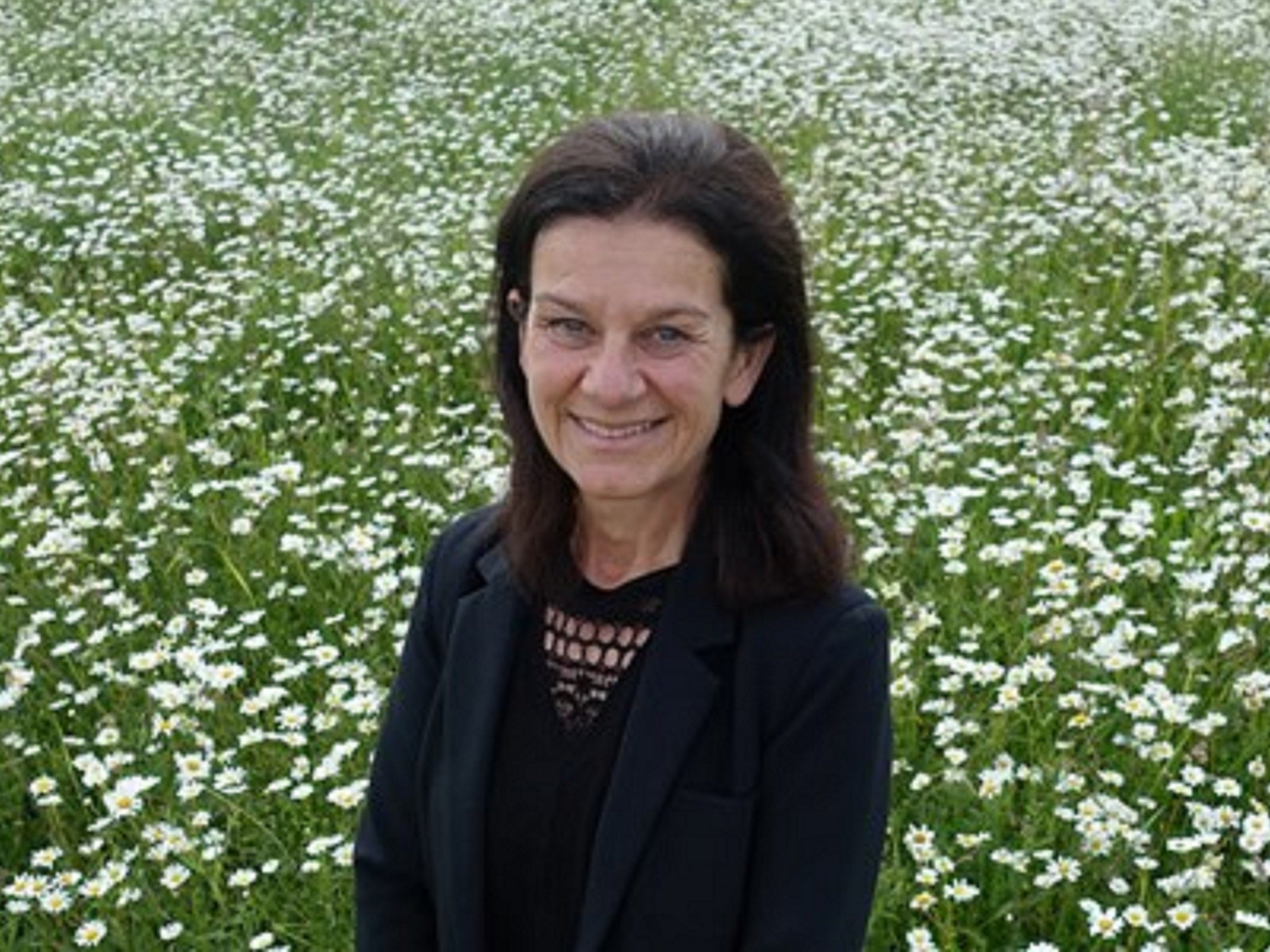Council set to trial four day working week – but with no cut in pay despite reduced hours
South Cambridgeshire District Council introducing three-month trial for office-based staff which could be extended to bin collectors

A looks set to trial a four-day working week with no cut to pay in what is thought to be a UK first.
South Cambridgeshire District Council wants to introduce a three-month trial of the scheme for its 470 office-based workers before potentially rolling it out to bin collectors.
If cabinet members vote to go ahead after a vote later this month, desk-based staff will work a 30-hour week from January but still take home full-time salary.
The scheme is thought to be the first of its kind proposed by a local authority in the UK.
The Liberal Democrat-run council said the move was in response to staff shortages and changes in workers’ work-life priorities following the Covid-19 pandemic.
The local authority said it had only been able to fill about eight out of every 10 vacancies for more than year.
Agency staff cost it more than £2m over the course of a year, while permanent staff would cost about £1m.
Council leader Bridget Smith said: “Not only could it help with the wellbeing and retention of our existing staff, but I am hugely keen that we open ourselves up as an employer to a more diverse workforce.
“As a carer to my 92-year-old mother, I realise just how costly caring can be. The same can of course be said of childcare.

“If we can reduce the burden of these sorts of costs, which will also help with the cost of living, we could become an employer of choice for far more people who for very valid reasons simply cannot work the standard 9am to 5pm Monday to Friday.”
The council’s cabinet will vote on 12 September to decide whether to go ahead with the trial.
If successful it would be rolled out to the local authority’s “blue collar workers, such as bin collection crews” later in the year, it said.
During the trial, the council will monitor how long it takes to process benefit claims and council house collections, the speed of planning applications, call answering times and staff turnover.
Health and wellbeing surveys will also be used to measure the success of the scheme.
A statement on the council website said: “This has led to the Council looking at the viability of a four-day week through a proposed trial between January and March next year.
“A four-day week is when people work one less day per week but still get paid the same salary. It is not the same as compressed hours, which is working the traditional 37-hour week over four long days.
“A four-day week, which for a full-time employee at the Council would consist of 30 hours, can make an organisation stand out from others and be more attractive to talent. It is also seen as a tangible incentive to encourage staff to stay.”
Joe Ryle, director of the 4 Day Week Campaign, said: “The decision by South Cambridgeshire District Council to outline plans to become the first ever UK local authority to trial a four-day week is historic and should be applauded.”
Join our commenting forum
Join thought-provoking conversations, follow other Independent readers and see their replies
Comments





Bookmark popover
Removed from bookmarks